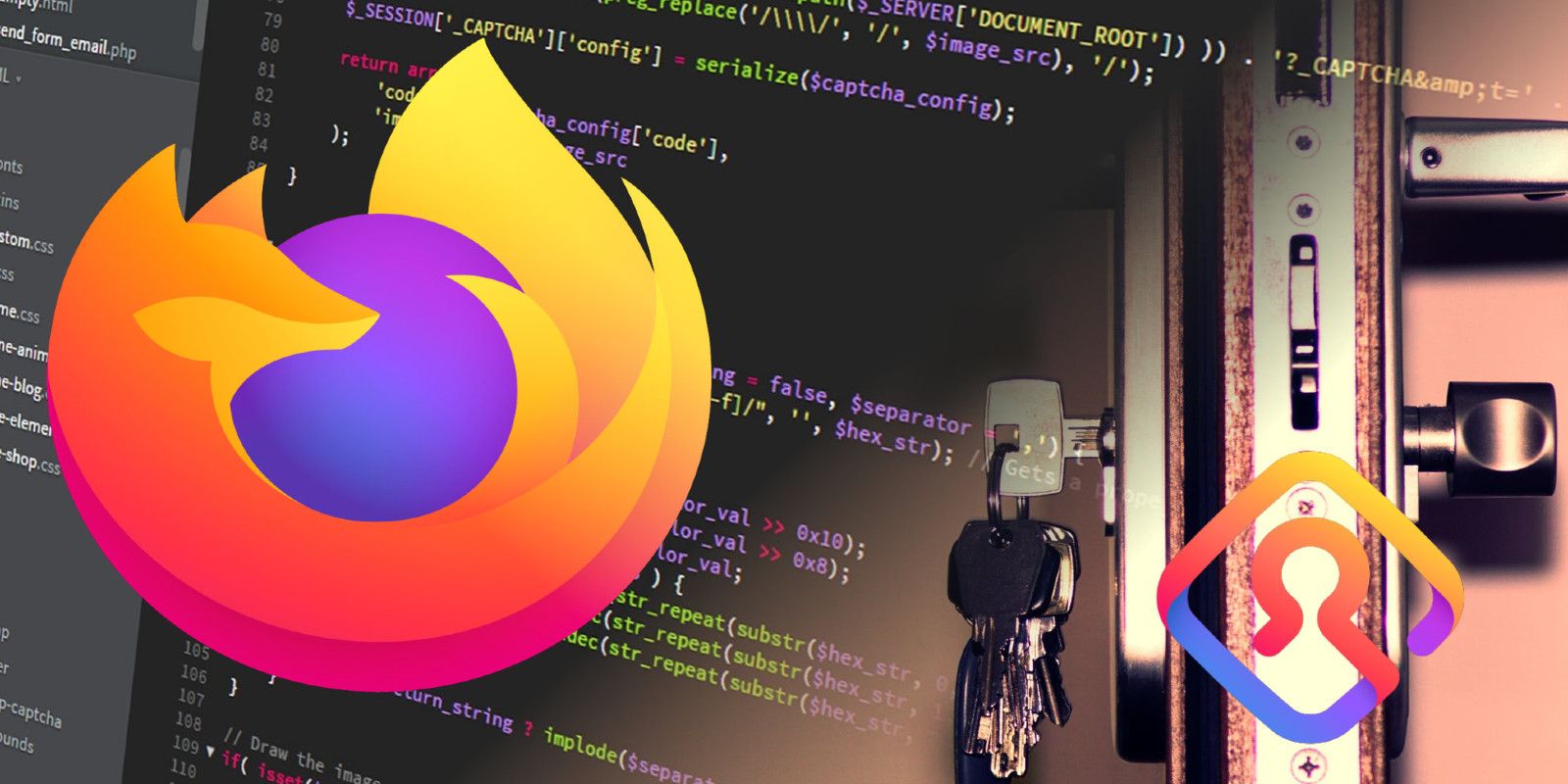
A recent update to Firefox’s password protection service, Firefox Lockwise, has added several user-requested features, such as timed lockouts and new alerts for vulnerable passwords and data breaches, all while maintaining user privacy.
Mozilla’s open-source internet browser, Firefox, has consistently added features to keep up with the needs of users. Firefox Send is a file-sharing service, like Dropbox, that allows users to privately share files of up to 2.5 GBs via an automatically expiring link. Last year Firefox launched its virtual private network which enabled users to maintain a private connection while connected to other systems. Thereby, decreases the ability for other parties to track your online activity, while also allowing for the option to connect to region-restricted websites.
Firefox Lockwise is a service that allows users to access the passwords they’ve saved in Firefox on other devices and browsers. Mozilla has recently updated the service to include features from Firefox Monitor, an application that sends users updates on recent data breaches. Now, when a data breach occurs, Firefox Lockwise will send a message alerting users of a possibly compromised password. To help users maintain complicated passwords, Firefox Lockwise can generate new passwords that can then be saved to Lockwise. Passwords saved in Lockwise are encrypted and will not be remembered by the system.

A strong password is paramount for maintaining privacy on the web. Over the past two decades, websites have upped their password requirements, though some might not understand what goes into both making a strong, memorable password, while also keeping it secure. For a good, reliable place to start building your password, try taking something that you use frequently and replacing some of the letters with numerical characters and staggering the case. Alternatively, use the phonetic pronunciation of a word, while being sure to insert hyphens or other non-alphanumerical characters where you can.
While there are services like Firefox Lockwise that will hold onto your passwords for you, services like these should be secondary to your memory. Most websites won’t penalize you for inputting the wrong password, so having many improves safety. Change your password as often as possible and whenever a data breach occurs. Another important protection that all users can implement straight away is to avoid using the same password twice; this is especially true for email accounts, or anything that’s connected to essential documents. Keeping several, frequently changing passwords will go a long way to helping you protect your online privacy and security, since any breach that occurs would only compromise a single account.
Source: Firefox
from ScreenRant - Feed https://ift.tt/3cbXrEN





No comments: